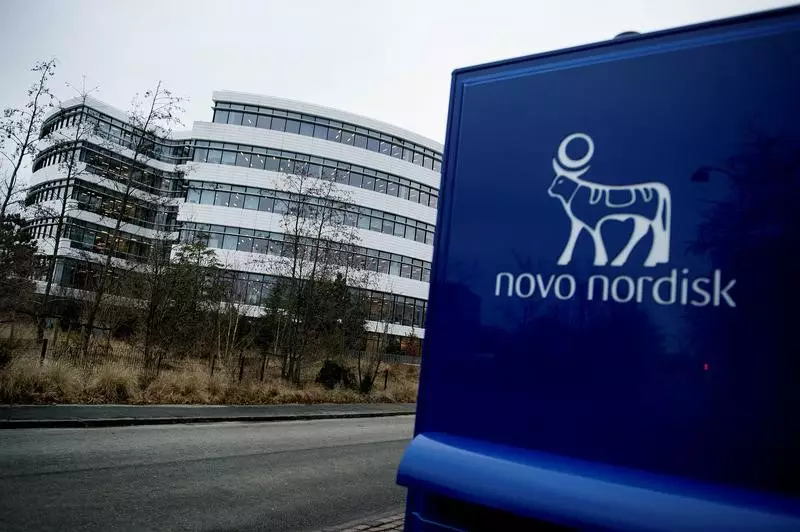Novo Nordisk has recently faced significant market headwinds, with its shares plunging 3.6% on a challenging Friday. This decline is primarily attributed to the U.S. Department of Health and Human Services (HHS) selecting the company’s flagship drugs—Ozempic and Wegovy—for Medicare price negotiations under the Inflation Reduction Act. These negotiations aim to address the rising cost of prescription medications, which has become an increasingly pressing issue for many Americans. Even more concerning for investors is that Novo Nordisk’s stock has already experienced a hefty decrease of over 24% this year and a staggering 39% over the past six months, indicating a troubling trend that could continue if the negotiations yield unfavorable outcomes for the company.
The Medicare Drug Price Negotiation Program represents a pivotal move by the U.S. government to reduce healthcare costs, particularly for the elderly and those reliant on Medicare. The latest announcement highlights 15 high-cost drugs, including Novo Nordisk’s top-sellers, which have contributed approximately $41 billion in prescription drug costs under Medicare Part D within a span of one year. With negotiations expected throughout this year and new pricing changes set to be implemented by 2027, the financial outlook for Novo Nordisk, specifically its revenue from Ozempic and Wegovy, may be adversely affected. This potential loss in revenue is particularly concerning given the company’s reliance on these medications as primary growth drivers.
As the negotiations unfold, industry experts warn that the pressure on Novo Nordisk’s revenues could significantly reshape the company’s business strategy. If the finalized drug prices do not align favorably for Novo Nordisk, it could prompt the company to either reduce its investments in developing new treatments or increase the prices of other products to compensate for potential losses. For investors, the implications are substantial. They must now grapple with the uncertainty of how the negotiations will influence both current and future revenue streams from the company’s most profitable offerings.
The HHS, under the leadership of Secretary Xavier Becerra, has emphasized the necessity of these negotiations as a means to provide Medicare beneficiaries with access to innovative and lifesaving treatments at more affordable prices. Notably, CMS Administrator Chiquita Brooks-LaSure expressed the intention behind these negotiations: to strengthen Medicare for future generations. This long-term commitment could ultimately reshape not only Novo Nordisk’s operations but the pharmaceutical landscape as a whole, increasing pressure on other major pharmaceutical companies facing similar scrutiny regarding drug pricing.
In light of these developments, Novo Nordisk must brace itself for a challenging road ahead. The company would need to adapt to the regulatory environment and potentially shift its focus or approach in the market. Continuous monitoring of market sentiments, consumer behavior, and ongoing negotiations will be essential for investors and stakeholders alike. As the situation evolves, the balance between accessibility to innovative treatments and the sustainability of pharmaceutical companies will remain a contentious topic, demanding attention from both policymakers and investors moving forward.

